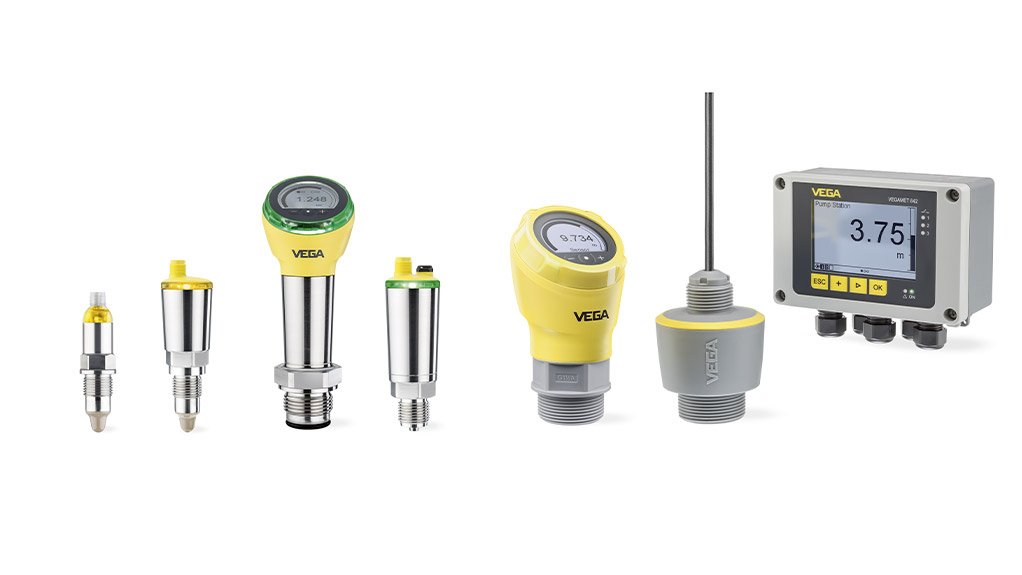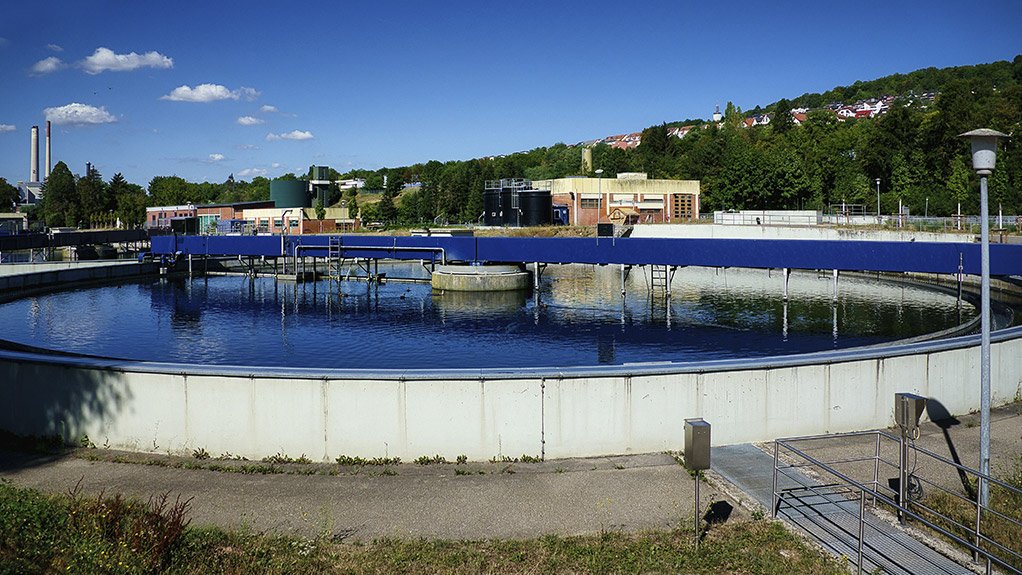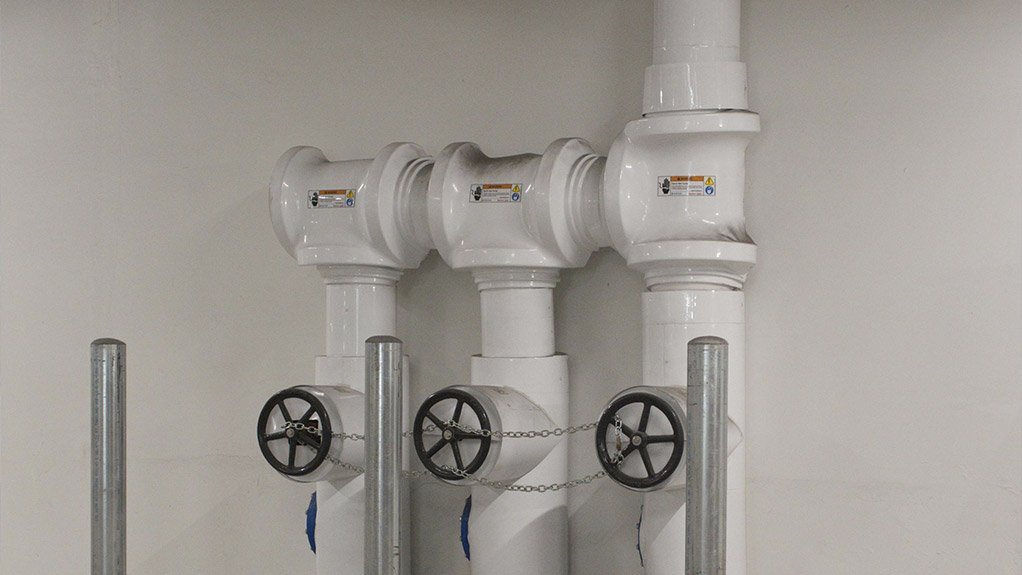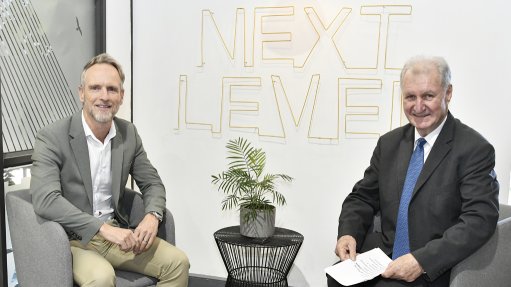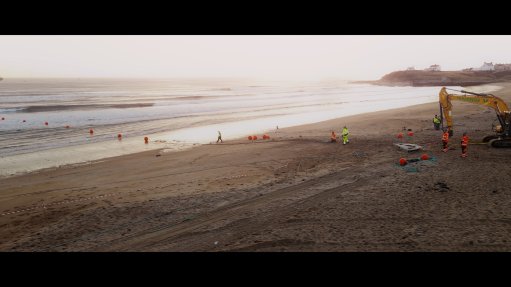A Reliable Water Supply: The Make-or-Break in Building Metros Across South Africa
This article has been supplied.
(Virtual Showroom) South Africa's urban centres, regardless of size, encounter substantial water supply challenges. Though the larger cities like Johannesburg, Cape Town, and Durban frequently make news headlines, smaller towns all over experience the same problems, sometimes on a more severe scale. Maintaining stable water infrastructure is essential for the health, economic vitality, and well-being of communities.
Every drop counts
South Africa is inherently water-scarce, receiving an average annual rainfall of 497mm, which is nearly 50% less than the global average. This scarcity is exacerbated by uneven distribution and ageing infrastructure. The eastern regions receive the majority of the rainfall, leaving the western parts arid. Compounding this issue is the ageing water infrastructure, which often leads to significant water losses and inefficiencies, resulting in an unstable water supply. And as urban populations grow, the demand for water increases, putting additional stress on the already limited resources.
Since late 2023, residents in Johannesburg have frequently lost their water supply. In March 2024, a lightning strike left most of the city without water for 11 days. Fast forward to 2025, water consumption has surpassed permitted levels by 61%, causing nearly daily outages, with disruptions affecting residents, critical services and economic activities.
Even smaller towns suffer. Hammanskraal residents have lacked reliable, clean water for over ten years. The 2023 cholera outbreak, causing over 30 deaths, highlighted the urgent need for a solution. Despite existing infrastructure, the township north of Pretoria faces frequent water contamination and shortages. Residents often queue at boreholes or rely on municipal trucks for water.
The transmission of cholera, a highly infectious disease, is closely linked to inadequate access to clean water and sanitation facilities, with resource-poor communities, including refugees, rural communities and temporary displacement camps, particularly vulnerable to outbreaks. Any disruption in water and sanitation systems or a sudden surge in community size owing to displacement can spark a humanitarian and health crisis, elevating the risk of cholera transmission and possibly triggering a regional epidemic.
Efficient water management becomes imperative in such a context. Urban centres, from busy metros like Johannesburg to smaller towns like Hammanskraal, must adopt advanced technologies and smart water management systems. These systems not only help in reducing water losses but also ensure that the distribution is fair and sufficient to meet the needs of all residents. By leveraging real-time data through sophisticated sensor technology, municipalities can identify and address issues promptly, preventing disruptions in supply and improving overall water usage efficiency. This proactive approach is essential in building resilience against the frequent droughts and ensuring a sustainable water supply for future generations.
Not just a ‘drop in the bucket’
Effective water management largely depends on the accurate measurement of water levels and pressure throughout the supply network. Without precise data, municipalities struggle to detect leaks, monitor consumption, and ensure a consistent supply. The challenge of maintaining a reliable water infrastructure is compounded by the issue of non-revenue water—water that is produced but not billed due to losses, which averages 31% across South African utilities. This significant loss of water not only represents a waste of valuable resources but also affects the financial viability of utility providers.
Reducing non-revenue water requires real-time monitoring and swift response to anomalies, tasks that are unmanageable without reliable instrumentation. Advanced sensor technology can provide continuous data on water levels and pressure, helping utilities to identify leaks quickly and take corrective actions. Accurate measurement can also aid in optimising water distribution, ensuring that the supply meets the varying demands of different areas within a city.
Even more importantly, precise data collection enables better planning and resource allocation. Municipalities can use the insights gained from monitoring systems to forecast demand, schedule maintenance, and plan infrastructure upgrades. This proactive approach is essential for managing water resources efficiently, particularly in a country where water scarcity is a persistent issue.
By investing in advanced instrumentation and adopting smart water management practices, South African urban centres can improve their water infrastructure and ensure a stable supply for their residents. Such measures are crucial not only for large metros but also for smaller towns, where the impact of water shortages can be even more severe. Reliable water infrastructure is foundational to the health, economic vitality, and resilience of communities, making it a priority for sustainable urban development.
Joining hands when building metros
The stability of water supply systems is a critical factor in the development and sustainability of South Africa’s urban areas. Addressing the challenges requires a combination of infrastructure investment, skilled management, and precise measurement tools. By adopting advanced instrumentation solutions, municipalities can enhance their capacity to provide reliable water services, fostering healthier and more resilient communities across the nation.
VEGA provides various technologies tailored to the needs of the water and wastewater industry, with instrumentation able to measure level and pressure accurately in various components of the water supply system. These sensors are designed to withstand harsh conditions and deliver precise readings, critical for effective water management.
By integrating VEGA’s sensors, municipalities can gain real-time insights into their water systems, enabling proactive maintenance and efficient resource allocation. VEGA’s solutions facilitate better planning and decision-making. Accurate measurement data allows municipalities to forecast water demand more effectively, schedule routine maintenance, and plan for infrastructure upgrades. This predictive capability helps in ensuring that water distribution meets the needs of varying areas within a city, preventing shortages and optimising resource use.
The company’s commitment to innovation ensures that its technology evolves to meet the changing demands of the water sector. Ongoing research and development efforts aim to introduce more efficient, reliable, and user-friendly measurement solutions, supporting the goal of sustainable water management. By facilitating accurate measurement and real-time monitoring, VEGA helps municipalities manage their water resources more efficiently, ensuring a stable and reliable supply for all residents. This contribution is vital for the health, economic vitality, and resilience of communities, making it a priority for sustainable urban development.
Article Enquiry
Email Article
Save Article
Feedback
To advertise email advertising@creamermedia.co.za or click here
Comments
Announcements
What's On
Subscribe to improve your user experience...
Option 1 (equivalent of R125 a month):
Receive a weekly copy of Creamer Media's Engineering News & Mining Weekly magazine
(print copy for those in South Africa and e-magazine for those outside of South Africa)
Receive daily email newsletters
Access to full search results
Access archive of magazine back copies
Access to Projects in Progress
Access to ONE Research Report of your choice in PDF format
Option 2 (equivalent of R375 a month):
All benefits from Option 1
PLUS
Access to Creamer Media's Research Channel Africa for ALL Research Reports, in PDF format, on various industrial and mining sectors
including Electricity; Water; Energy Transition; Hydrogen; Roads, Rail and Ports; Coal; Gold; Platinum; Battery Metals; etc.
Already a subscriber?
Forgotten your password?
Receive weekly copy of Creamer Media's Engineering News & Mining Weekly magazine (print copy for those in South Africa and e-magazine for those outside of South Africa)
➕
Recieve daily email newsletters
➕
Access to full search results
➕
Access archive of magazine back copies
➕
Access to Projects in Progress
➕
Access to ONE Research Report of your choice in PDF format
RESEARCH CHANNEL AFRICA
R4500 (equivalent of R375 a month)
SUBSCRIBEAll benefits from Option 1
➕
Access to Creamer Media's Research Channel Africa for ALL Research Reports on various industrial and mining sectors, in PDF format, including on:
Electricity
➕
Water
➕
Energy Transition
➕
Hydrogen
➕
Roads, Rail and Ports
➕
Coal
➕
Gold
➕
Platinum
➕
Battery Metals
➕
etc.
Receive all benefits from Option 1 or Option 2 delivered to numerous people at your company
➕
Multiple User names and Passwords for simultaneous log-ins
➕
Intranet integration access to all in your organisation




